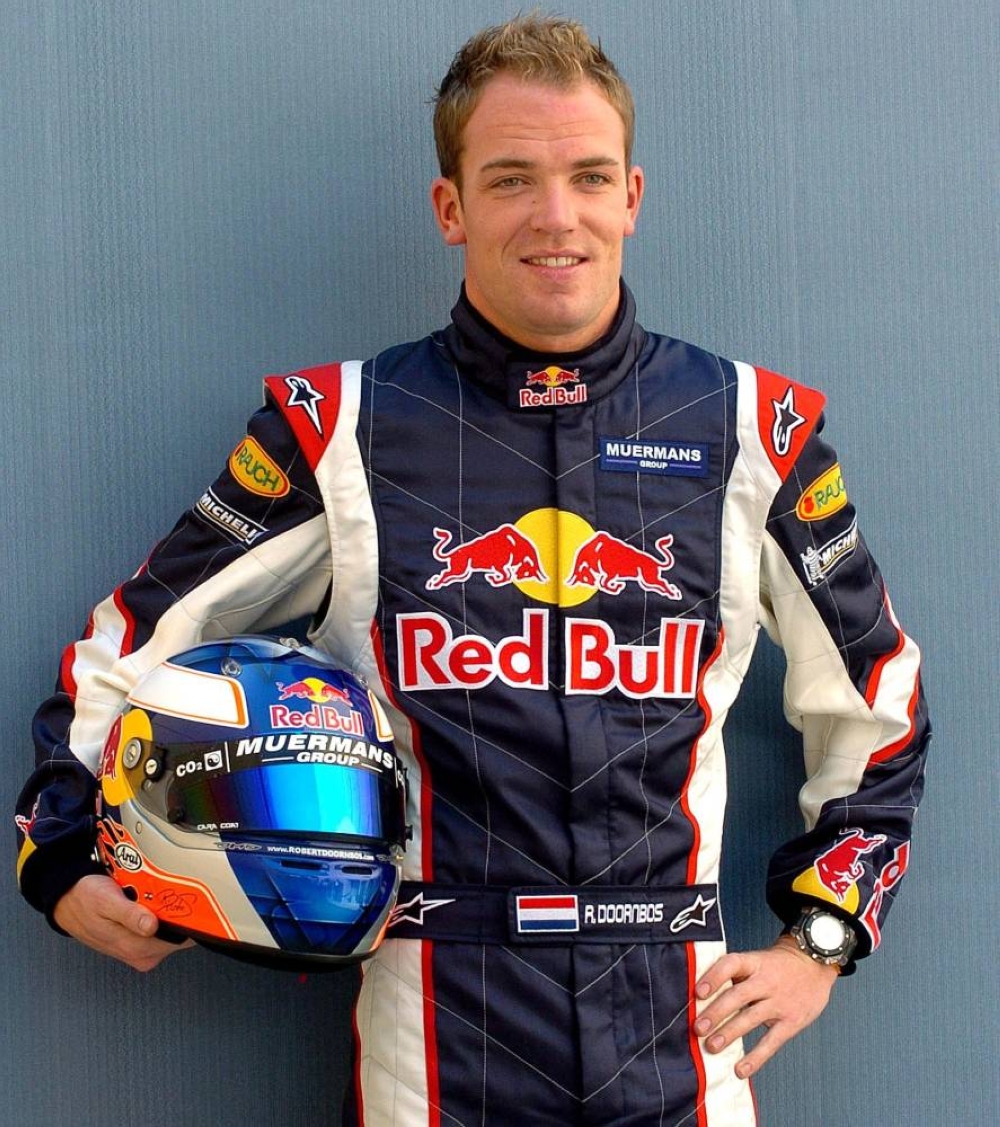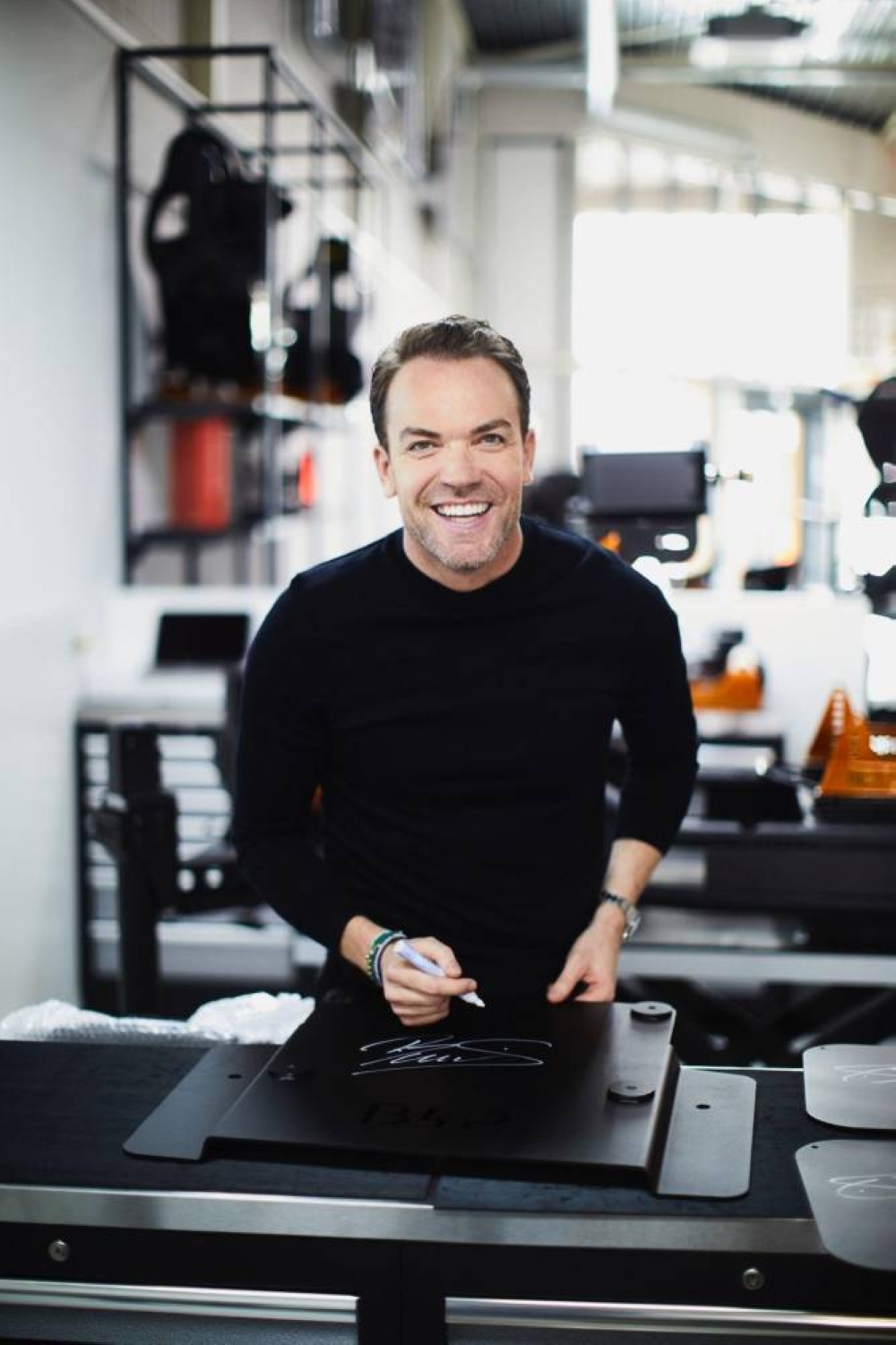With the roar of engines, the adrenaline of high-speed overtakes, and the allure of cutting-edge technology, Formula 1 has captured global attention like never before. And nowhere is its appeal growing faster than in the Middle East. With four key races on the F1 calendar—Jeddah in Saudi Arabia, Bahrain, Qatar, and Abu Dhabi’s Yas Island—this region is positioning itself as a major player in the global racing scene. But despite the glitz, glamor, and increasing fan interest, the Near East still lags behind when one compares it with motorsport hubs like Europe in terms of exposure, local participation, and grassroots development.
So, what’s holding it back, and what can be done to turn the Middle Eastern regions into an undeniable motorsport powerhouse? Former F1 driver Robert Doornbos offers his insights, blending his expertise as a racer and TV analyst with his enthusiasm for bringing F1 closer to fans worldwide.
Robert has 20 years of experience in the world of Formula 1, both on and off the track. Whether it is racing cars, building and designing racing simulators, sharing keynote speeches, or general community outreach and education, Robert brings the passion of F1 to any place he goes.
One of the biggest hurdles for motorsport in the Middle East is the climate. “You can’t race in the summer obviously. It’s too harsh for both the drivers and the machines,” Robert explains. The intense heat, which can reach upwards of 50°C, has posed challenges even during cooler months, with incidents like drivers suffering from extreme dehydration and heat exhaustion during races.
The seasonality limits the number of motorsport events that can be hosted annually and makes careful planning crucial. The F1 calendar has already adapted, scheduling Middle Eastern races in the cooler months like November and December, but the region’s motorsport ambitions must contend with this climate reality.
But there’s more to the story than just weather.
Despite its growing popularity, the region lacks the rich motorsport history of iconic venues like Silverstone or Zandvoort. “The Middle East is still relatively new to F1,” says Robert. “Tracks like Yas Marina and Jeddah are spectacular, but they don’t yet have the legacy of European circuits that have been around since the 1940s.”
This absence of tradition, however, presents an opportunity to shape a uniquely Middle Eastern motorsport identity. Events like the Abu Dhabi Grand Prix have set the tone, combining racing with world-class entertainment, including performances by international artists like Eminem. These efforts turn race weekends into festivals, attracting both motorsport enthusiasts and casual fans.
“There’s a lot of potential to make F1 more accessible to locals,” Robert adds. “In the Netherlands, Max Verstappen sparked national interest in F1. A similar effort here—whether through education, local heroes, or youth programs—could work wonders, and I would love to be a part of that.”
Youth engagement is a critical piece of the puzzle. Go-karting, often the first step on the path to Formula 1, remains underdeveloped in the region. “There’s an enormous opportunity to invest in grassroots motorsport,” Robert notes. “Building go-kart tracks and opening coaching programs can help identify and nurture talent. Who knows? The first Middle Eastern F1 champion could be discovered this way.”
With drivers like Amna Al Qubaisi, the region is already making waves. But for the region to truly thrive, more efforts are needed to nurture local talent and provide opportunities for them to compete on the world stage. According to Robert, indoor tracks, equipped with electric karts, offer a sustainable way to promote year-round racing while addressing the region’s weather constraints. “In Monaco, they’ve built an underground electric karting track,” Robert points out. “The Middle East could replicate that model—clean, fun, and accessible.”
Beyond the racetrack, F1 presents vast commercial opportunities. From hospitality to technology, the sport is a magnet for innovation and investment. Companies like Aramco, a title sponsor of F1, exemplify the region’s increasing involvement. “The infrastructure around F1 isn’t just about tracks,” Robert explains. “It’s about creating ecosystems—hotels, entertainment, esports centers, and simulators—something that places like Dubai has already captured with its tourist attractions. These elements not only enhance the fan experience but also drive economic growth.”
Esports, in particular, holds promise. Simulators can offer fans a taste of what it’s like to drive an F1 car, deepening their appreciation for the sport. “Simulators are a great way to attract new audiences, especially younger fans,” says Robert.
The region is already making its mark with its F1 calendar. With plans for a new circuit in Saudi Arabia and ongoing investment in infrastructure, the region’s motorsport future looks bright. “Abu Dhabi has already started building its place in F1 history, especially with the dramatic 2021 finale,” Robert reflects. “Jeddah, with its record-breaking street circuit, is setting new benchmarks. But there’s still room to grow—whether by adding new tracks, promoting local talent, or embracing sustainability.”
The region’s hope of seeing a Middle Eastern driver in F1, a milestone Robert believes would be transformative, will soon become a reality. The Middle East’s commitment to innovation, coupled with its financial resources and willingness to host large-scale events, makes it an exciting frontier for F1 and motorsport in general.
For Robert, the potential of the Middle East in motorsport is limitless. “What I see is a region full of passion and ambition, and as F1 continues to grow here, we’ll see more local talent, more fans, and more innovation. It’s exciting, and I would love to play a part in it myself.”
As the region continues to evolve, motorsport will undoubtedly be a key driver of cultural and economic development. From the fast-paced circuits to the growing grassroots scene, the Middle East’s motorsport future is indeed on the fast track.
Sport
“The Middle East is Ready to Race Toward A New Motorsport Era,” says former F1 driver Robert Doornbos

Robert Doornbos, former Red Bull Racing F1 driver

Robert Doornbos
